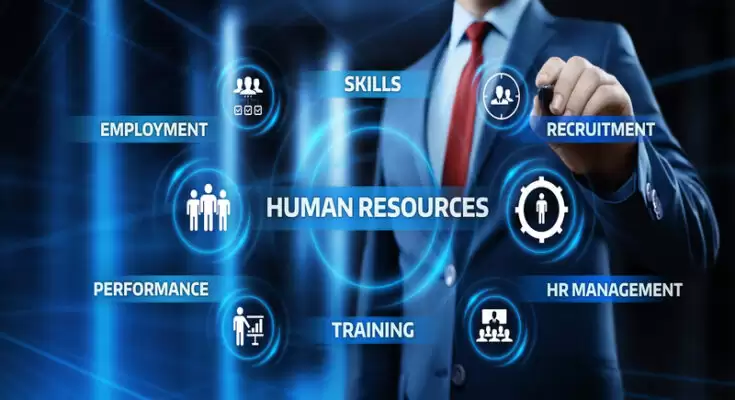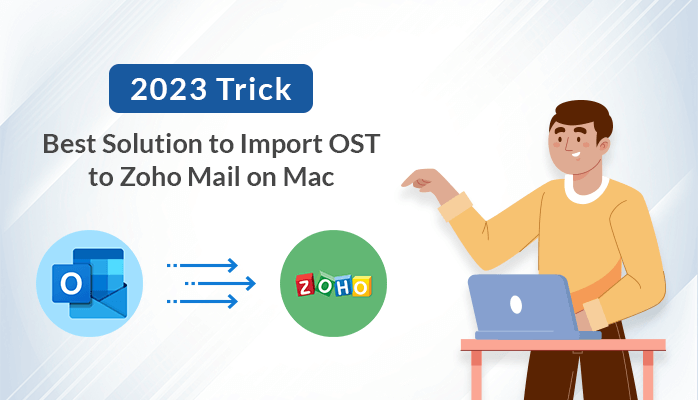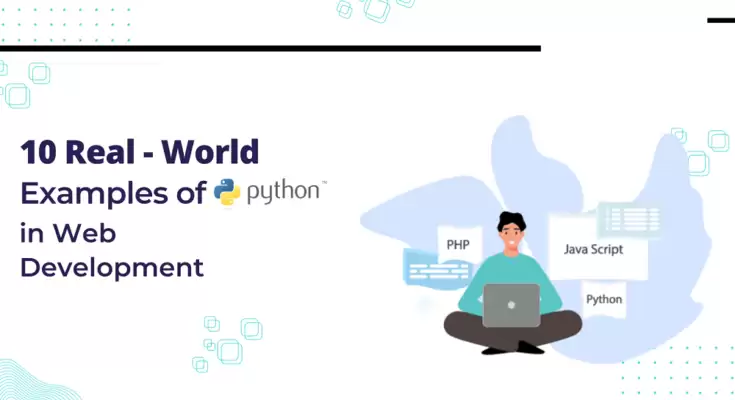Managing HR processes can be a daunting task, especially for companies with a large workforce. The traditional manual approach to HR management can lead to inefficiencies, errors, and delays, resulting in a loss of productivity, revenue, and employee satisfaction. This is where HRMS software comes into play, offering a solution to automate and streamline HR processes.
In this article, we will explore the benefits of HRMS solutions and how they can help organizations improve their HR efficiency.
What is HRMS Software?
Human Resource Management System (HRMS) or Human Resource Information System (HRIS) is a suite of software that helps organizations perform internal HR functions. HRMS software is an excellent tool for employee data management, recruitment, onboarding, offboarding, and professionally handling many HR tasks in a modern workplace. Such software is easy to install and run and also easily accessible.
Interesting Features of HRMS Software
HRMS (Human Resource Management System) software is an integrated solution that streamlines HR operations and automates tedious tasks. Some common features of HRMS software include:
- Employee data management – It allows HR professionals to track and manage employee information, including personal data, job information, and performance metrics.
- Time and attendance management – It simplifies the process of tracking employee work hours, leaves, and absences.
- Payroll management – It automates payroll calculations, tax deductions, and other compensation-related tasks.
- Performance management – It helps organizations set goals, evaluate employee performance, and provide feedback for improvement.
- Recruitment management – It streamlines the recruitment process by automating job postings, applicant tracking, and candidate communication.
- Training and development management – It helps manage employee training programs and track progress and completion.
- Reporting and analytics – It generates reports and provides insights into HR data, including employee turnover, retention, and performance.
7 Ways HRMS Software Can Maximize HR Performance
- Streamline HR processes: HRMS software can automate routine tasks like data entry, scheduling, and approvals, freeing up HR staff to focus on strategic tasks like recruiting and retention.
- Improve accuracy and reduce errors: With HRMS software, data is entered once and stored centrally, reducing the risk of errors from duplicate data entries or misplaced files. This can lead to more accurate payroll, benefits, and compliance reporting.
- Enhance data security: HRMS software can provide role-based access to data, ensuring that sensitive information is only accessible to authorized personnel. Additionally, data can be encrypted and backed up to prevent loss or theft.
- Increase employee engagement: HRMS software can provide employees with easy access to HR-related information, such as benefits enrollment and time off requests. This can lead to increased engagement and satisfaction with HR processes.
- Enable data-driven decision-making: HRMS software can provide HR staff with real-time data on employee performance, turnover, and other key metrics. This can help HR teams make informed decisions about hiring, training, and retention.
- Support compliance: HRMS software can help ensure compliance with labor laws, benefits regulations, and other legal requirements. This can reduce the risk of penalties, fines, and legal action against the company.
- Facilitate remote work: With HRMS software, employees can access HR-related information and perform HR-related tasks from anywhere with an internet connection. This can make it easier to manage a remote workforce and ensure that HR processes remain efficient and effective.
Conclusion
HRMS software has become a vital tool for businesses looking to streamline their HR operations and maximize HR performance. With features like real-time analytics, mobile access, and self-service portals, HRMS software has revolutionized the way businesses manage their workforce.
By utilizing this technology, companies can save time and money while improving employee satisfaction and productivity. As the workforce continues to evolve, businesses need to adopt HRMS solutions to stay competitive and ensure their HR operations remain efficient and effective.








